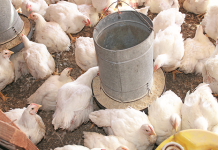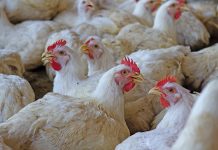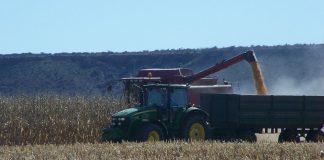South Africa needs to make sure all its farmers, black or white, succeed. And fast! We’re losing farmers every year, and old age isn’t the only reason why. What’s really worrying is we’re not getting new successful farmers as fast as we’re losing them. Youngsters must be encouraged to join the sector, but that can only happen if they see how farmers thrive.
Recently I visited Mabopane township, just outside Pretoria, where I had an interesting chat with a group of elders working on a gardening project. Our conversation made me realise just how serious the problem is. Mrs Mashiane started the gardening project after she went on pension in 1995.
She wanted to fight poverty in her neighbourhood. Now the project feeds more than 100 families and supplies produce to several outlets, including the Tshwane Fresh Produce Market. This also means those who work on the project get some much-needed cash.
On average, the members range from 50 to 70 years old. But despite the project’s success, young people seem uninterested in joining. The first question they ask is how much they’re going to get paid at the end of the week. “All they’re interested in is opening up a car-wash or hair salon,” said Mrs Mashiane.
To me the project seemed to be a microcosm of agriculture in South Africa today. Over the years it’s lost about 85 members. And many of the current members are no longer able to work the land because of old age and illness.
The project is fast losing its production capacity. Even now members are only working to put food on the table. The local chain stores will have to source produce from elsewhere. I have some respect for these youngsters, but it’s very worrying when you see about five car-wash businesses and hair salons on one street. Why can’t feeding people be seen as something to aspire to? We can’t have stores sourcing their produce from further and further afield, when we have the capacity in the townships to supply them.












